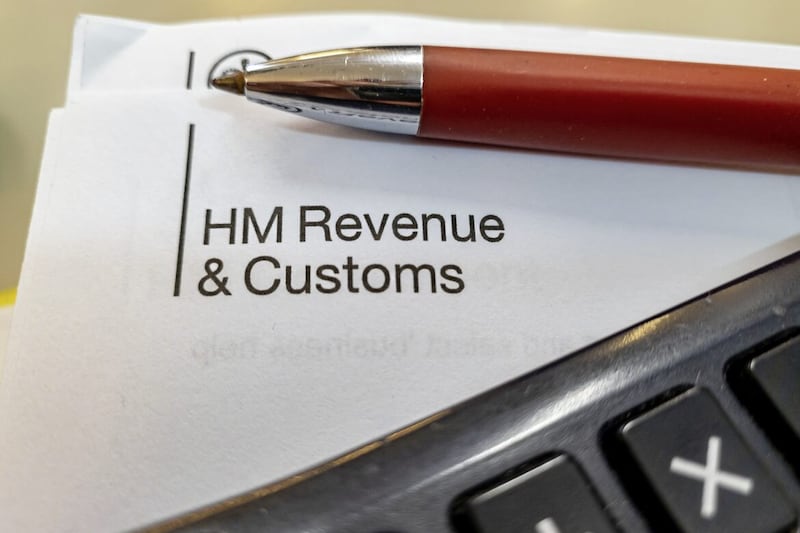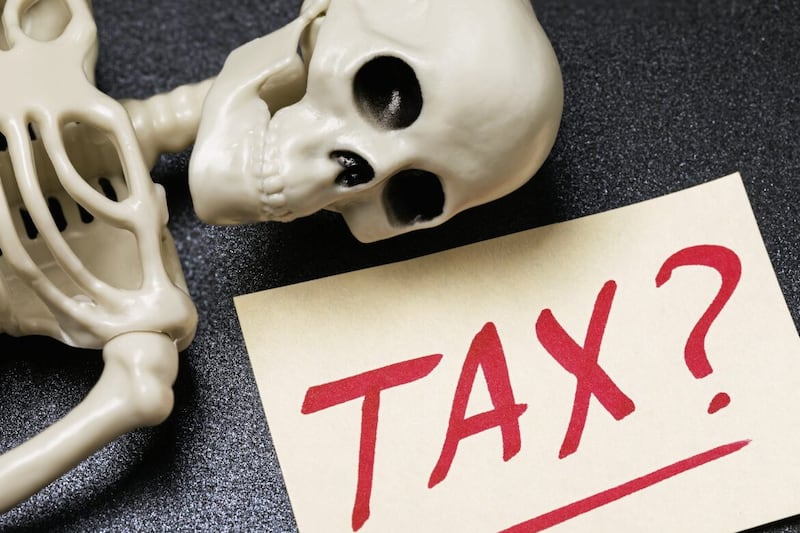QUESTION: I have just been notified that I am to receive a significant inheritance of £500,000 from a relative. I am aged 50 and should not need this money. I have two children, so I intend to pass the inheritance to them, but I have been told that I must survive these gifts by seven years. Is this correct? I am concerned about gifting my children a large amount of cash. Are there alternatives?
ANSWER: When the executors of your relative’s estate distribute the estate following the receipt of a grant of probate (the legal right to distribute the estate assets), you will receive the £500,000.
If you then gift £250,000 to each of your children, these gifts will not suffer any lifetime tax charge as each is a ‘potentially exempt transfer’ or ‘PET’ for inheritance tax purposes. The gifts leave your estate after seven years hence the term ‘potential’ as they have the ‘potential’ to fall back into your estate should you die within seven years of the cash transfers to your children and be taxed at up to 40 per cent.
If you go down this route you should consider taking out specialist inheritance tax life insurance which runs from the date of the gifts to the earlier of your death or seven years following the date of the gifts. It operates on a sliding scale as after three years a taper relief is available for death following a PET.
You may be very confident of surviving seven years however you should consider a Deed of Variation (DOV). A DOV permits you to retrospectively alter the terms of your deceased relative’s will such that the £500k inheritance is re-directed to your children. Such a DOV requires the agreement of the executors of the estate. This type of Inheritance tax planning allows you to skip a generation and avoid the potential of the £500k gifts falling back into your estate were you to die within seven years.
As you are concerned about your children inheriting a large amount of cash, you should consider using a DOV to re-direct the £500k into a discretionary trust of which you could also be a beneficiary. This would potentially give you access to cash should for example you need funding for later life care. The trustees of this trust can also make distributions to other beneficiaries and the £500k plus growth from investment while within the trust will not form part of your estate for inheritance tax.
You can make a Deed of Variation before or after a grant of probate is issued however, it must be made within two years of the deceased person’s death. For it to be valid in the eyes of HMRC. To be effective, any Deed of Variation must be made in writing and signed by all beneficiaries who would lose out because of the change in the will and clearly state which elements of the estate are being changed and who will benefit.
Additionally, all beneficiaries must be aged 18 or over and must agree to the changes. No existing beneficiary adjusting their share of the estate is allowed to be compensated for the adjustment.
:: Paddy Harty (p.harty@fpmaab.com) is partner at FPM Accountants Limited (www.fpmaab.com). The advice in this column is specific to the facts surrounding the question posed. Neither the Irish News nor the contributors accept any liability for any direct or indirect loss arising from any reliance placed on replies.








